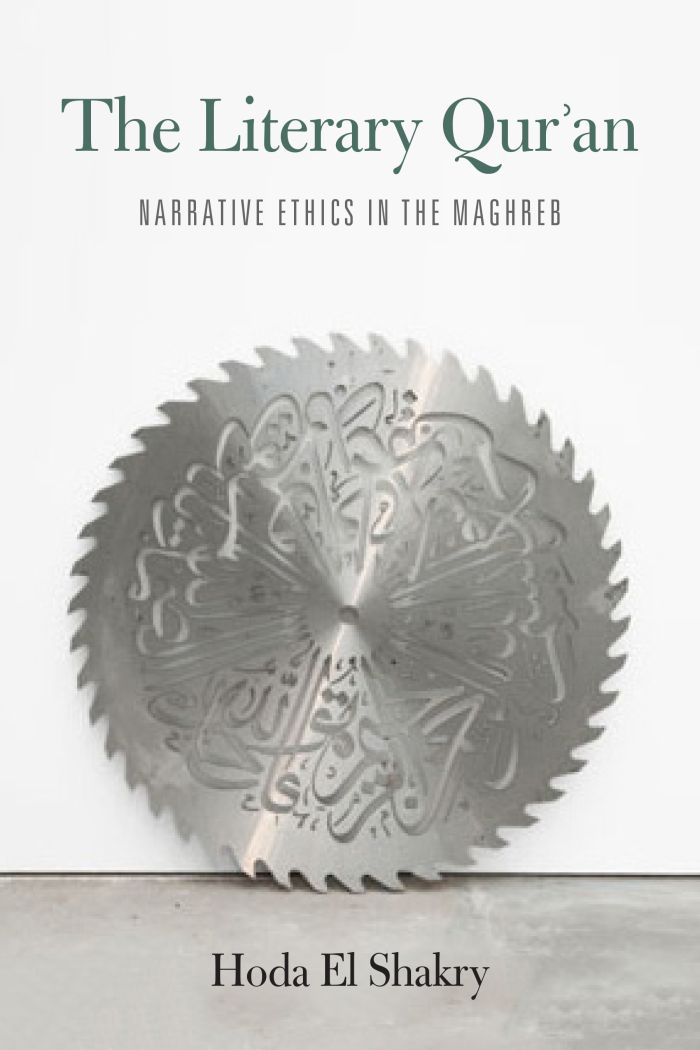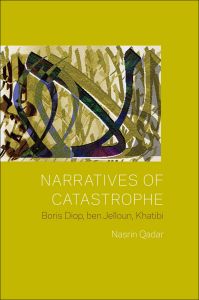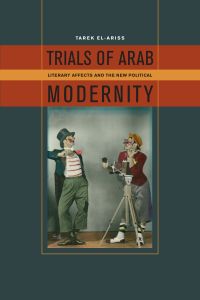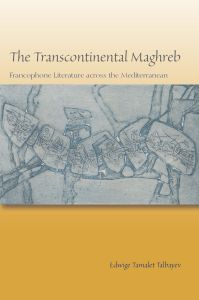The Literary Qur'an
Narrative Ethics in the Maghreb

This book can be opened with

Winner, 2020 Aldo and Jeanne Scaglione Prize for Comparative Literary Studies, Modern Language Association
The novel, the literary adage has it, reflects a world abandoned by God. Yet the possibilities of novelistic form and literary exegesis exceed the secularizing tendencies of contemporary literary criticism. Showing how the Qurʾan itself invites and enacts critical reading, Hoda El Shakry’s Qurʾanic model of narratology enriches our understanding of literary sensibilities and practices in the Maghreb across Arabophone and Francophone traditions.
The Literary Qurʾan mobilizes the Qurʾan’s formal, narrative, and rhetorical qualities, alongside embodied and hermeneutical forms of Qurʾanic pedagogy, to theorize modern Maghrebi literature. Challenging the canonization of secular modes of reading that occlude religious epistemes, practices, and intertexts, it attends to literature as a site where the process of entextualization obscures ethical imperatives. Engaging with the Arab-Islamic tradition of adab—a concept demarcating the genre of belles lettres, as well as social and moral comportment—El Shakry demonstrates how the critical pursuit of knowledge is inseparable from the spiritual cultivation of the self.
Foregrounding form and praxis alike, The Literary Qurʾan stages a series of pairings that invite paratactic readings across texts, languages, and literary canons. The book places twentieth-century novels by canonical Francophone writers (Abdelwahab Meddeb, Assia Djebar, Driss Chraïbi) into conversation with lesser-known Arabophone ones (Maḥmūd al-Masʿadī, al-Ṭāhir Waṭṭār, Muḥammad Barrāda). Theorizing the Qurʾan as a literary object, process, and model, this interdisciplinary study blends literary and theological methodologies, conceptual vocabularies, and reading practices.
The Literary Qur’an provides an exceptionally rich framework for considering how religion informs the reading of North African literature. With agility and grace, the book presents clear arguments, imaginative readings, and pathways for teaching, thinking, and reflecting on these literary novels.—Michael Allan, University of Oregon
A pioneering undertaking that has much to offer to scholars and students of modern Maghreb and Arabic literature, Hoda El Shakry’s The Literary Qur’an: Narrative Ethics in the Maghreb provides a model for future research in the field... El Shakry has enriched the Arabic library and the library of comparative and world literature with a spirited book that is well-written, timely, and original.—Journal of Arabic Literature
Note on Translations and Transliterations | ix
Acknowledgments | xi
Preface: The Ethics of Reading | xv
Introduction. The Quʾran as (Inter)text: Embodiment, Praxis, Critique | 1
Part I: Poetics of Piety
1. Existential Poiesis in Maḥmūd al-Masʿadī’s Mawlid al-nisyān | 37
2. Carnivals of Heterodoxy in Abdelwahab Meddeb’s Talismano | 58
Part II: Ethics of Embodiment
3. Apocalyptic Aftershocks in al-Ṭāhir Waṭṭār’s Al-zilzāl | 83
4. The Polyphonic Hermeneutics of Assia Djebar’s L’amour, la fantasia | 100
Part III: Genealogies of Transmission
5. Tense Eruptions in Driss Chraïbi’s Le passé simple | 119
6. Threads of Transmission in Muḥammad Barrāda’s Luʿbat al-nisyān | 141
Epilogue: Poetics, Politics, Piety | 159
Glossary | 167
Notes | 171
Bibliography | 213
Index | 231




